Life of an individual who converted a drought prone village to a prosperous and green model village - Popatrao Pawar
Born in 1960 in the small village of Hiware Bajar in Maharashtra, Popatrao Baguji Pawar has experienced the hardships of three droughts that occurred in 1972, 1977, and 1981. Despite being one of the few educated individuals in his village, having completed his BCom in Ahmednagar, he never envisioned himself as a leader. However, fate had other plans for him when he was unexpectedly appointed as the sarpanch of the village in 1990, mainly due to his education.
Popatrao Baguji Pawar’s leadership and dedication to his role have been nothing short of remarkable. Under his guidance, the village has thrived to such an extent that elections have not been held since 1990. The most recent elections in 2021 arose out of political interests, and Popatrao Pawar won with an overwhelming 96% of the votes. This remarkable statistic speaks volumes about the trust and support he has earned from the villagers.
The village of Hiware Bajar, surrounded by hills on three sides, faced a severe water scarcity issue. However, with Popatrao Pawar’s expertise in irrigation development, the fate of the villagale has been completely transformed. Today, the village not only has access to drinking water but also boasts ample water resources, a result of his efforts to revitalize rural water resources.
Popatrao Pawar’s impact extends beyond water management. As a committed social worker, he has banned alcohol and tobacco-related products in the village, working towards the overall well-being of the community (There is another village headed by Anna Hazare that has alcohol and tobacco banned – read this article). His tireless efforts have focused on addressing the concerns and challenges faced by the agricultural community. He has actively participated in the development and upliftment of farmers and rural areas, advocating for farmers’ rights and implementing improved agricultural practices. Furthermore, he has been involved in various social and educational initiatives, striving to provide access to quality education and healthcare services in rural areas.
In recognition of his exceptional work, Popatrao Baguji Pawar was honored with the prestigious Padma Shri award by the Government of India in 2020, acknowledging his contributions to the field of social work. His expertise in reviving rural water resources has not only transformed Hiware Bajar but has also influenced policies implemented throughout India, making him a respected figure recognized globally for his achievements.
During my all India cycle tour, I had the privilege of visiting Hiware Bajar and meeting Popatrao Pawar. Witnessing the long queues in front of his house and the gram panchayat office, it was evident that he was constantly engaged in addressing local issues and serving the community. Exploring the vibrant village of 1,700 residents, I was able to see firsthand the miraculous changes brought about by his leadership and learn more about his remarkable character.
Table of Contents
ToggleThe village
My first experience in Hiware Bajar was both surprising and heartwarming. As I entered the village in search of a hotel, I was informed that there wasn’t one. However, as I was about to leave, I was called back and offered food inside a home. This act of hospitality set the tone for my visit and introduced me to the incredible sense of community that prevailed in the village. The locals had a lot to say about the remarkable transformation they had witnessed firsthand.
As I ventured further into the village, I was immediately struck by the well-maintained roads, cleanliness, and abundance of trees planted throughout. It felt surreal to be walking through a village that resembled a picturesque oasis rather than a typical Indian rural setting. The attention to detail in the placement of buildings and overall infrastructure was evident, and I couldn’t help but marvel at the level of development achieved.
During my interactions with the villagers, I encountered a diverse range of individuals, each with their own positive experiences to share. One such person was Mr. Mahesh, who served in the Navy and had returned to his hometown for a holiday. He proudly mentioned that his education in the village surpassed that of nearby cities, particularly in English language proficiency, highlighting the quality of education provided in Hiware Bajar. I also had the privilege of conversing with a 95-year-old gentleman who shared stories of the village’s infrastructure improvements over the years.
To gain a panoramic view of the village, I decided to ride to the top of one of the three hills that encompassed Hiware Bajar. The sight that greeted me was awe-inspiring. The village was lush green, with trees obstructing my attempt to capture a complete photograph. Even in the midst of summer, the village boasted a vibrant ecosystem, and posters and flyers displayed valuable information about water levels throughout the year and the impact of irrigation on the landscape.
From the hilltop to the furthest corners of the village, I noticed functional hand pumps providing clean water. These hand pumps were ingeniously designed to recycle excess water back into the ground, showcasing the village’s commitment to sustainable practices.
As I explored further, I came across posters depicting the village’s transformation since 1990. The stark contrast between the “before” and “after” images was astounding and filled my heart with both joy and a sense of wonder. It truly seemed as though a miracle had been bestowed upon Hiware Bajar.
In a delightful surprise, I even discovered two beauty parlors in the village. This was a testament to the socioeconomic progress and aspirations of the community, as beauty parlors were not typically associated with rural villages in India.
My visit to Hiware Bajar was a journey filled with unexpected encounters and astonishing revelations. It revealed the power of visionary leadership, community-driven initiatives, and the collective efforts of the villagers in transforming their lives and the landscape of their beloved village.
Watch this video for complete information:
Popatrao Pawar
I finally had the incredible opportunity to meet Sir after eagerly waiting for an entire day in his village. The anticipation was well worth it, as the meeting turned out to be a truly remarkable experience. Sir graciously welcomed me with a warm smile, and despite his hectic schedule and numerous interruptions from incoming calls, he dedicated a full 20 minutes to converse with me. During this brief yet impactful conversation, he provided me with a glimpse into the inner workings of his brilliant mind and shared the profound motivations behind his extraordinary accomplishments for the village of Hiware Bajar.
Justifications
When asked about his motivations for his remarkable work in the village of Hiware Bajar, Sir provided two simple justifications. He explained that there are typically two reasons for such endeavors: either to enter politics or to serve the community. According to Sir, politics and money are often interconnected, just as service and recognition are linked. He emphasized that he was born in a village where people were content with what they had and didn’t prioritize wealth. However, after three consecutive droughts and a series of unfortunate events, the village suffered greatly. A well that required repairs had been neglected for 50 years, and a tragic incident caused a major conflict fueled by excessive drinking.
In 1990, by a twist of fate, Sir found himself in a leadership position. He brought the community together, fostering unity and collaboration among the villagers. As the village’s condition improved, its residents began to earn money, and the younger generation gained access to education. Sir highlighted an interesting anecdote about Arvind Kejriwal, the Chief Minister of Delhi, who had slept in the village panchayat office of Hiware Bajar in 2009. However, Sir made it clear that he realized such individuals were involved in politics and vote banks, which did not align with his own interests.
Sir declared himself as non-political, emphasizing that he had no political affiliations with any party, be it BJP, Congress, or others. He stated that his sole focus was on the betterment of people’s lives in the villages. Sir even mentioned that he had not accepted the position of Member of Parliament due to this very reason. His dedication and priorities lie solely in the upliftment and improvement of the rural communities he serves.
Validations
Popatrao sir’s validations are rooted in his family’s long history of social service, which dates back to his grandfather’s time. He proudly mentioned several family members who have made positive contributions to their village, including his uncle and cousin. Being part of the third generation of social workers in his family, Popatrao sir is committed to continuing this legacy.
One significant validation of his dedication to the community is his decision to enroll his own children in the village school instead of sending them to schools outside the area. Despite having the means and connections to secure places in prestigious schools, Popatrao sir consciously chooses to support the local educational system. By doing so, he aims to lead by example and demonstrate his belief in the value of community resources.
Popatrao sir suggests that his validations come from the society he serves. He believes that in order to prove a point and make a real impact on the village, the change must start from within his own household. By investing in the local school and prioritizing the education of his children in their own community, he seeks validation and support from the society to which he offers his services.
Complains
Popatrao sir expresses his concerns and complaints about the current state of affairs. Although I am unclear if he got my question right, his response reflects his desire for transformation and development on a larger scale.
He mentions that one village in Maharashtra has experienced a positive transformation, and he hopes to see this replicated in many more villages. His aspirations extend beyond Maharashtra, as he expresses a wish for more than 1000 villages across the entire country of India to undergo significant change.
To address these concerns, Popatrao sir has taken proactive steps by establishing a training center in his own village. This center serves as a platform for people from different villages across India to gather and learn about strategies for village development. By sharing knowledge and experiences, he aims to empower others to initiate similar transformations in their own communities.
Materialism
Popatrao sir strongly emphasizes his commitment to using any financial resources he receives for the betterment of the village. He firmly states that he will not utilize the money for personal gain or materialistic purposes. Instead, he believes that every penny should be directed towards furthering the development of the village and extending that progress to other villages across the nation.
For Popatrao sir, the acknowledgment he seeks stems from being recognized as someone who has genuinely contributed to the upliftment of the village. By reinvesting the funds into community development, he aligns his actions with his mission and ensures that the money serves its intended purpose.
His stance reflects a rejection of materialism and a prioritization of communal progress over personal gain. Popatrao sir’s dedication to utilizing resources for the greater good highlights his selfless approach to serving his community and creating a positive impact that extends beyond his own village.
My conversation with Popatrao sir left a lasting impression on me as his unwavering dedication to the village’s development was evident in every word he spoke. The tangible results of his efforts further reinforced his genuine commitment. As I prepared to depart, I seized the opportunity to ask him about the message he would like to share with the world.
With great concern, Popatrao sir expressed his belief that a significant portion of India’s population consists of the younger generation. However, he cautioned that if immediate action is not taken, the country will face severe issues with land quality within the next 25 years. To ensure a better future for India, he stressed the utmost importance of investing efforts into preserving and revitalizing the deteriorating soil. In his own words, he passionately declared, “Save the soil for the youth forward.”
Popatrao sir’s message carries profound implications for the sustainable development of India. He highlights the urgent need to address environmental challenges and prioritize soil conservation, recognizing that neglecting these issues could have dire consequences for future generations. His heartfelt plea serves as a wake-up call, emphasizing the critical role we all play in safeguarding the natural resources upon which our collective future depends. Infact, Popatrao sir is not the only one to share this very opinion (read this article).
I am a 31 year young PhD graduate who has decided to travel the length and breadth of India on my cycle, to document the journey of meeting a vast array of people. In my journey, I intend to understand the characteristic features of the people of this nation and categorize them based on their demographics, age, profession, gender, traditions, and cultural differences.
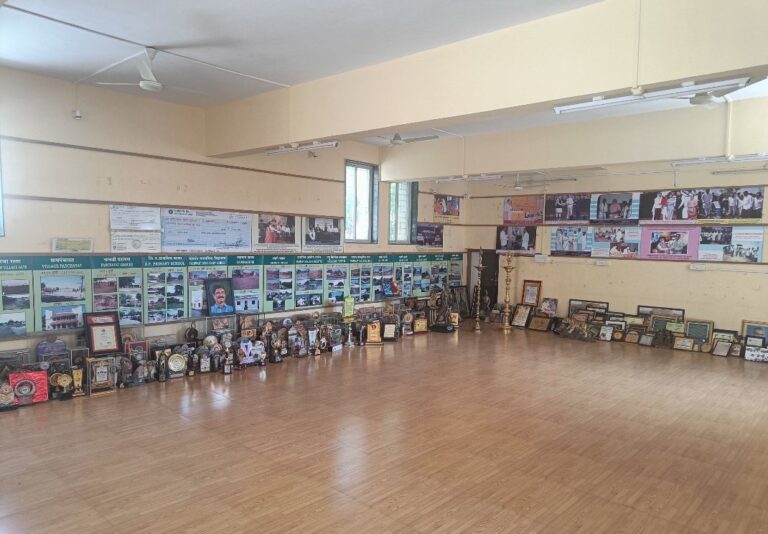
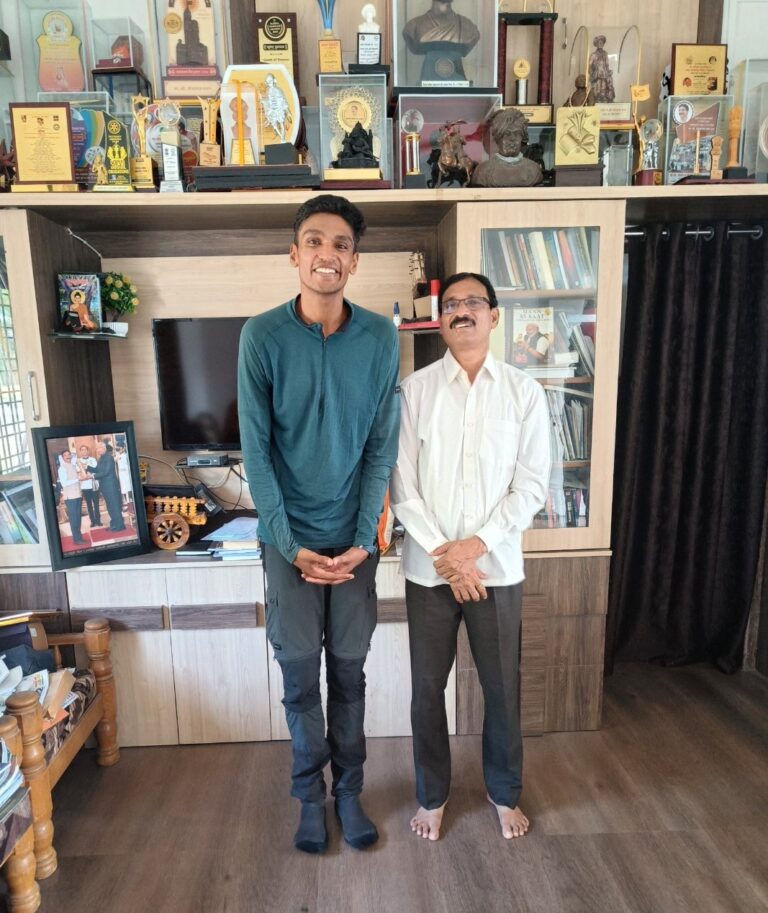
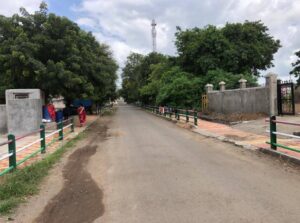
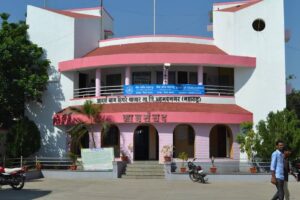
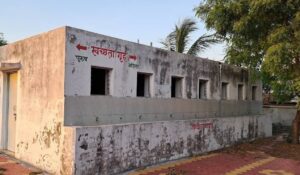
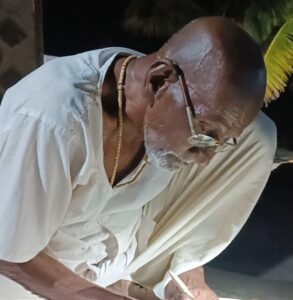

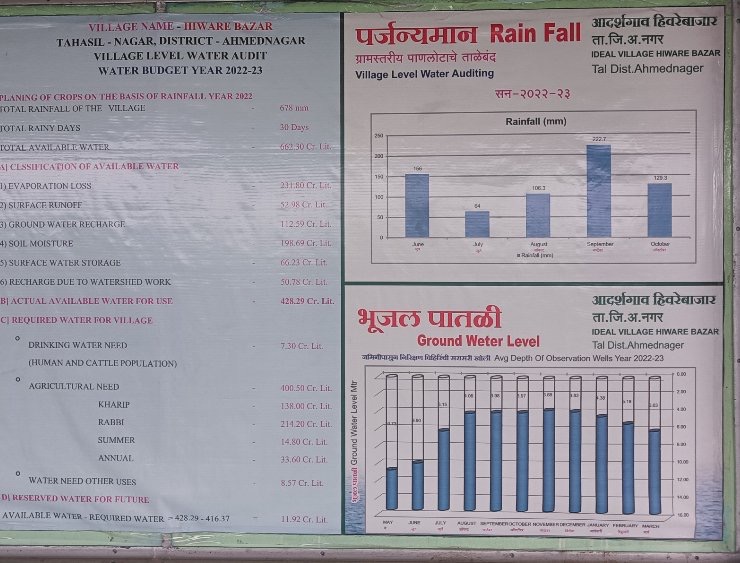
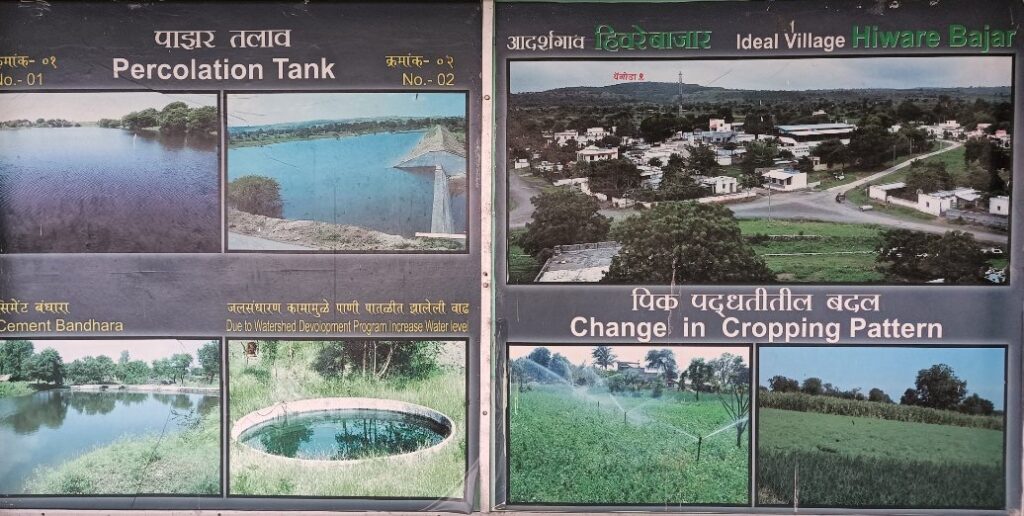
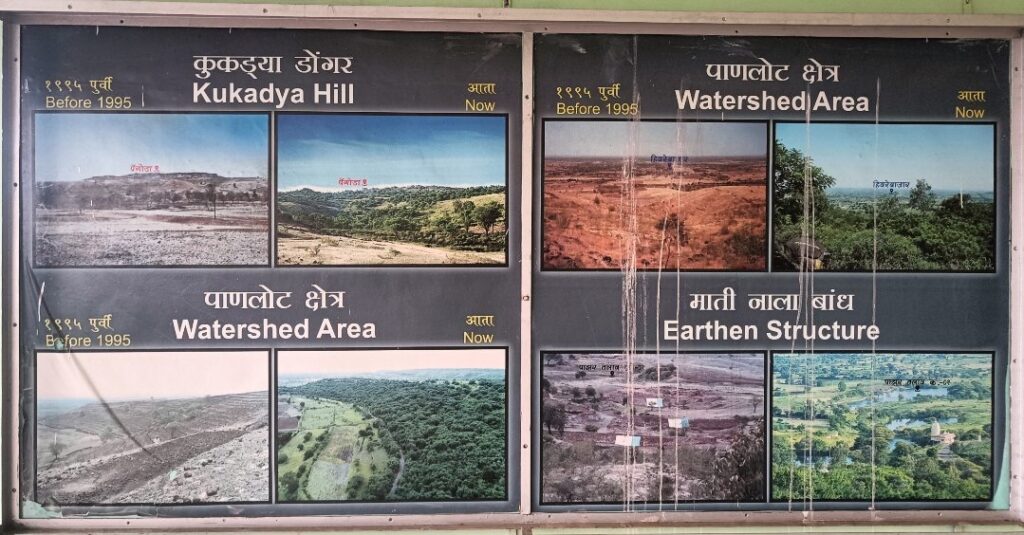

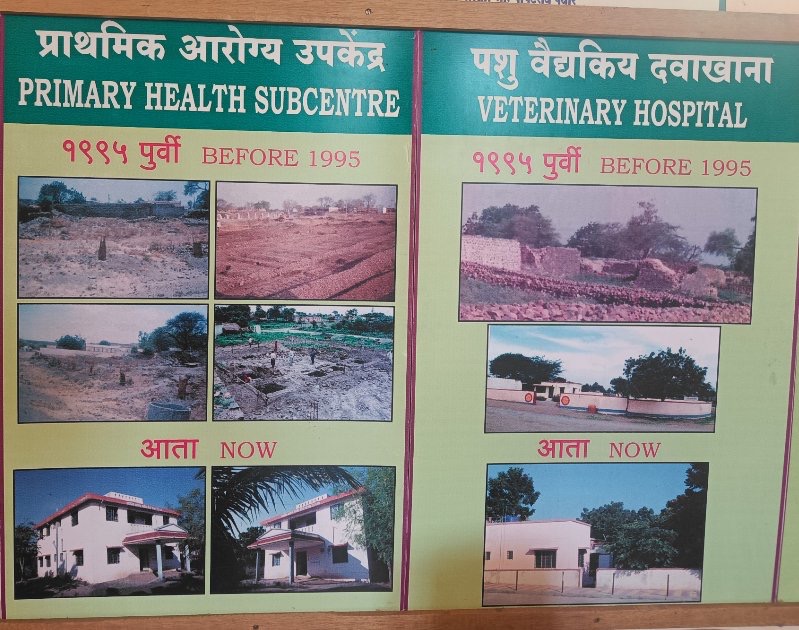
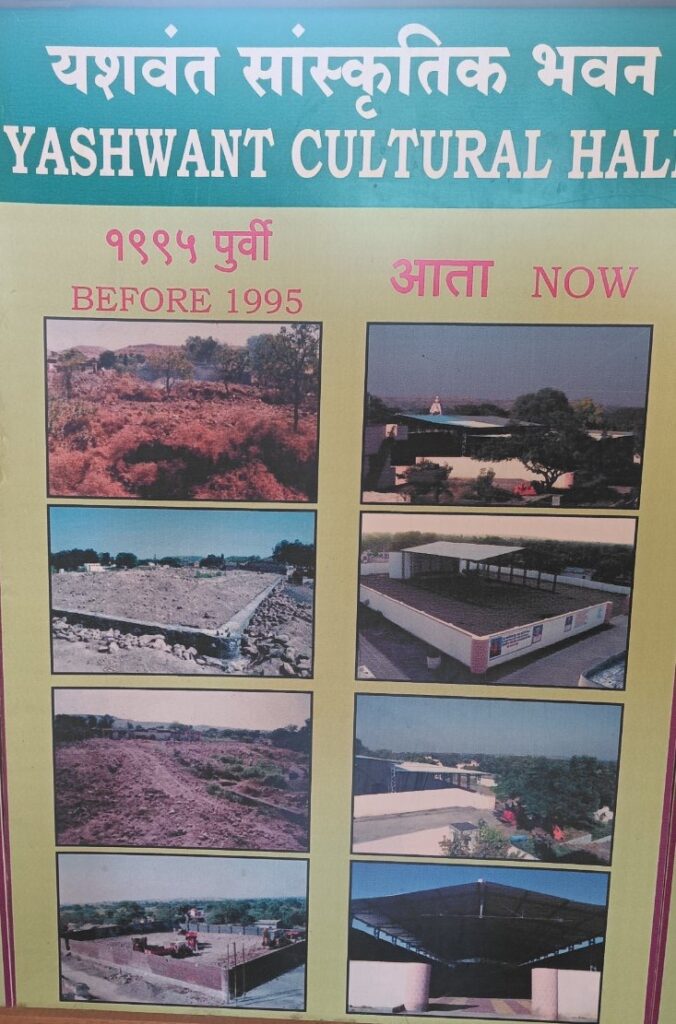
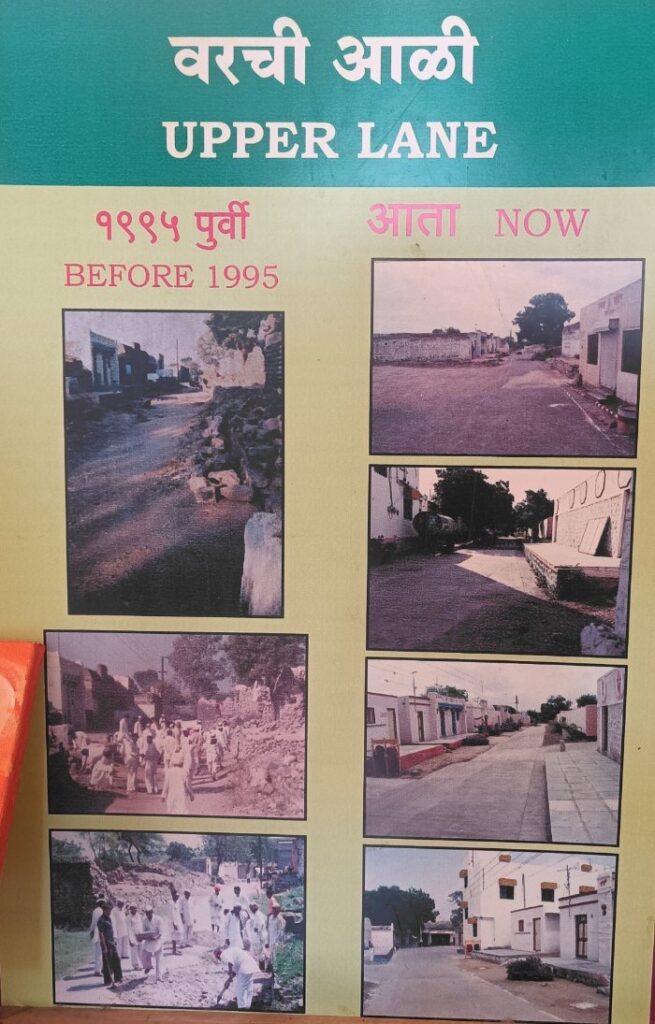
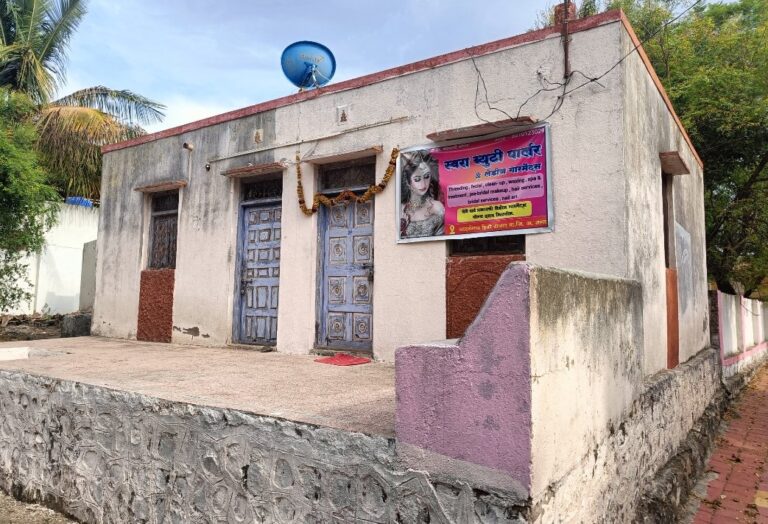
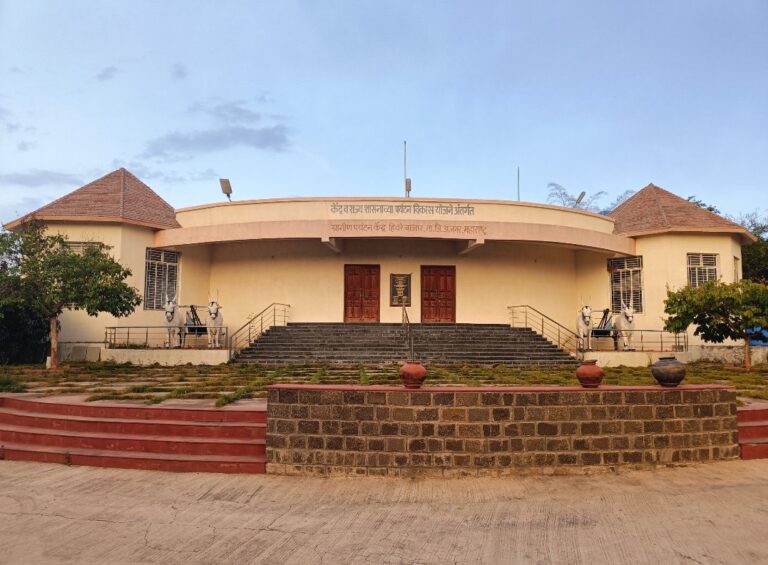
Kind of seeing a trend here…might be a coincidence… not sure…in karnataka there were mainly farmers and people associated with mathas…in goa it was mostly entrepreneurs….in maharashtra I see more social workers…
This journey that you are carrying has a beautiful pattern. Wonder what we will see in the next state…